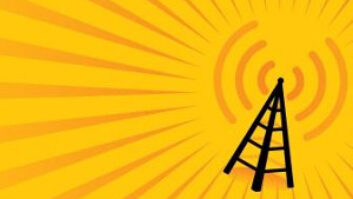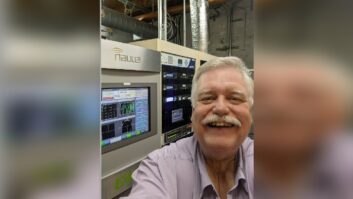WASHINGTON HD Radio supporters see the FCC’s final authorization of IBOC as key to the rollout.
Opponents worry about the potential for additional interference on the radio dial.
Reacting to the unanimous commission approval in March, Ibiquity Digital President/CEO Robert Struble stated that the decision reinforces FCC support for the HD Radio system and “provides automakers, broadcasters, receiver manufacturers and retailers with the certainty of formal adoption of critical HD Radio services. We anticipate this action will also prompt a surge of activity from companies.”
IBOC remains optional for U.S. broadcasters; the digital conversion is not mandated.
It was unclear immediately after the vote when the rules would take effect. Details were not expected to be released for a few days after the March 22 meeting, and the rules would become effective 30 days after publication in the Federal Register.
Under the change, all AMs would be allowed to go digital at night. Audio Division Chief Peter Doyle told Radio World that AMs already on with IBOC need no further permission to add night service; those not transmitting in HD-R need to submit a notification letter to the FCC within 10 days of their conversion. Such AMs can then transmit in digital at anytime, day or night, he said. A procedure will be established to handle interference issues, should those occur; concerns over the potential for AM interference have been among the debating points about HD Radio for years.
IBOC to date has been more of an FM phenomenon. Of approximately 4,700 AM stations, only about 200 were airing HD Radio on the day of the vote, according to the Ibiquity Digital Web site, but more than 1,000 FMs were on the air, including some 550 multicasters.
There are about 13,800 total stations in the country, excluding LPFMs and translators.
The decision also approved multicasting; broadcasters no longer need to apply for experimental authority to air HD2 and HD3 channels.
The decision allows FM translators, boosters and LPFMs to go IBOC as well when technically feasible. The agency also voted to authorize dual-antenna operation without the need to apply for an STA.
The vote was 5–0. Democratic commissioners objected to portions of the rule but ultimately voted for it; Michael Copps and Jonathan Adelstein wanted to establish whether additional public interest obligations should apply to digital channels and in particular to multicast channels used for subscription services. The commission is seeking comments on this.
Even though the majority of the IBOC rules are “final,” the commission left open the question of whether multicasts might at some point carry additional public interest obligations. The agency also invited public comment on “appropriate limits” to the amount of subscription services stations could offer.
All five commissioners called the digital radio vote historic. Commissioner Robert McDowell said colleagues could have approved the rules as early as last summer.












